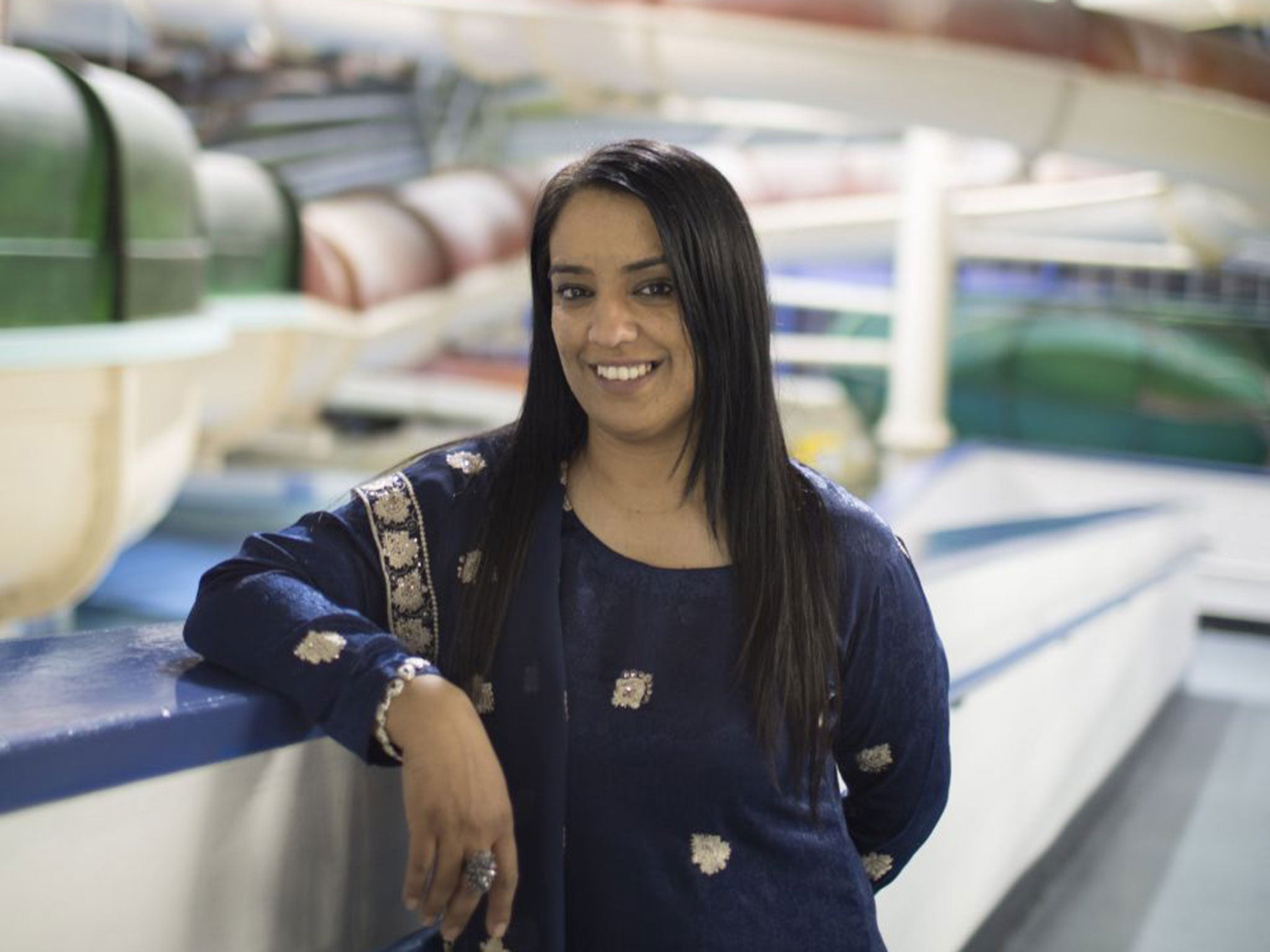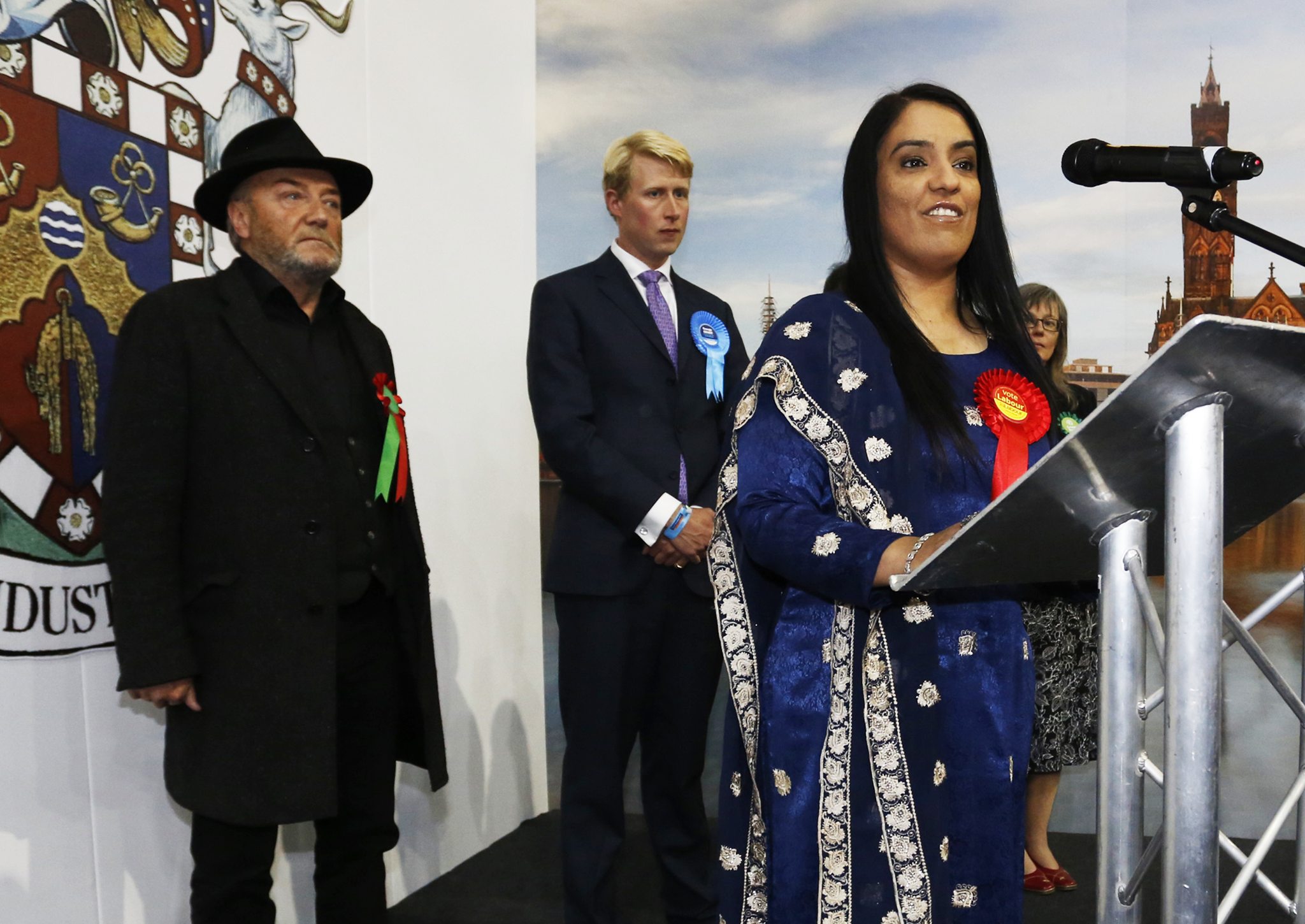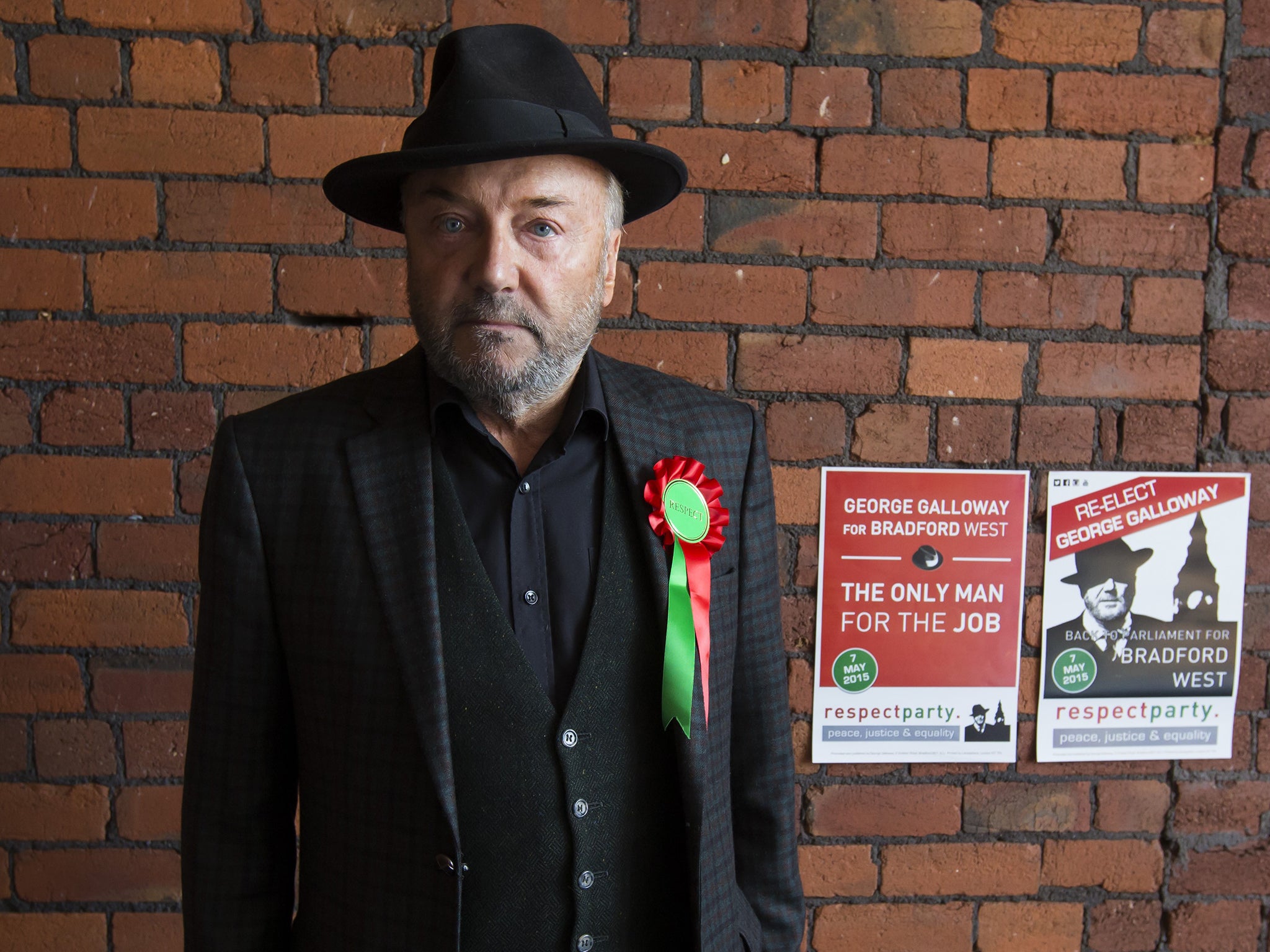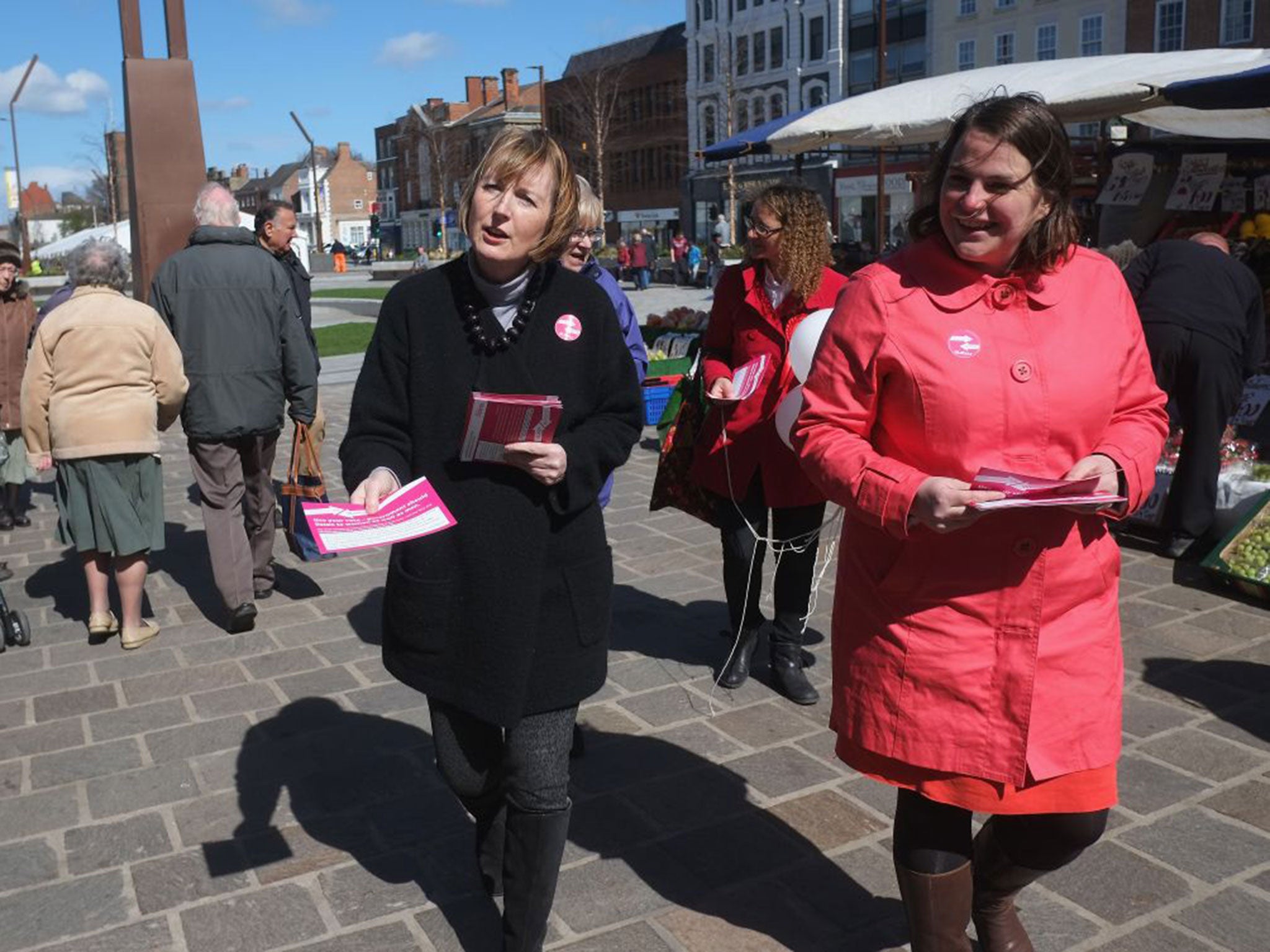Naz Shah interview: Labour's new MP for Bradford West on beating rival George Galloway - and considering legal action against him
Exclusive: Naz Shah, who won Bradford West from Respect’s incumbent, tells Emily Dugan that she is determined to fight for all women’s rights

Your support helps us to tell the story
From reproductive rights to climate change to Big Tech, The Independent is on the ground when the story is developing. Whether it's investigating the financials of Elon Musk's pro-Trump PAC or producing our latest documentary, 'The A Word', which shines a light on the American women fighting for reproductive rights, we know how important it is to parse out the facts from the messaging.
At such a critical moment in US history, we need reporters on the ground. Your donation allows us to keep sending journalists to speak to both sides of the story.
The Independent is trusted by Americans across the entire political spectrum. And unlike many other quality news outlets, we choose not to lock Americans out of our reporting and analysis with paywalls. We believe quality journalism should be available to everyone, paid for by those who can afford it.
Your support makes all the difference.Naz Shah has emerged victorious after what she describes as a nasty smear campaign against her during the general election by rival George Galloway, and says she is considering legal action against him for calling her a liar.
The newly elected Labour MP for Bradford West says she knew she had a fight on her hands when she was selected as the party’s candidate only two months ago. But she had little inkling of just how brutal the campaign would be.
The personal attacks from Mr Galloway’s camp included allegations that she had lied about her forced marriage and that she had given false evidence at her mother’s murder trial, and was Israel’s candidate of choice.
In an exclusive interview with The Independent on Sunday, Ms Shah says the statements Mr Galloway made against her were completely untrue, and that she would be seeking legal advice.

“Right now it’s not my priority; I really want to get my office up and running. But yes, it’s something I will do.
“I don’t want anybody to experience what I went through. I think that was a travesty.”
She considers that she was libelled and defamed and questions whether there was a breach of Electoral Commission rules and regulations.
Mr Galloway’s spokesman denied the accusations strenuously, and claimed to have “further evidence” that Ms Shah had lied. He added: “George will certainly be pursuing Shah under the Representation of the People Act …. If Labour back Shah to launch a libel action [against] George he will vigorously defend it.”
Ms Shah is refreshingly different from the cookie-cutter politicians churned out from Oxbridge. She cut her political teeth campaigning with Southall Black Sisters for her mother’s release from prison, where she was held for 14 years after killing an abusive partner.

“My conversion to politics only happened on 1 June [2014] when I was invited by the Muslim Women’s Forum,” Ms Shah says. “Someone asked me: ‘What’s wrong with Bradford?’ and, being opinionated, I gave my answers and he said: ‘Stop complaining and be part of the solution.’ I said: ‘Do you know what? I will.’ ”
Growing up in poverty in Bradford, Ms Shah, then aged six, and her family were abandoned by her father who eloped with a neighbour’s teenage daughter. Her mother was pregnant and Ms Shah helped to bring up her two younger siblings. At 12 she was sent to Pakistan to protect her from her mother’s abusive partner and by 15 she was forced to marry.
On the afternoon of 8 May, she had yet to sleep, having done the school run for her three children. “My 11-year-old daughter said: ‘Mummy, you do realise you have to fix the education system now? You’ve got a lot of work to do.’”
She has already organised meetings in Westminster and intends to campaign on women’s rights, justice for Palestine and against racism. The contrast with Mr Galloway, whose voting record in Parliament was only 11 per cent, could not be more stark.
Election 2015: Women MPs
There will be one dramatic difference in the make-up of the Commons benches when Parliament sits again which has nothing to do with party politics: the largest increase in female MPs since Labour introduced all-women shortlists in some target seats in 1997.
The Commons will now have 191 women, up to nearly 29 per cent of all MPs, compared with 23 per cent before the election. There are also many more women in senior positions, with Harriet Harman (right) now acting leader of the Labour Party, and the Scottish National Party, Plaid Cymru and the Greens all led by women.

Labour has the highest proportion of women MPs – 99 of its 232 members are women. The SNP used all-women shortlists in some seats this time: 20 of its 56 MPs are women. The Conservatives have 67 women in Parliament, up from 47 at the last election. The Liberal Democrats do not have a single woman among their eight MPs.
The 50:50 Parliament campaign, a cross-party lobby group petitioning to have equal representation in the Commons, cautioned that more action was needed to make politics representative. Its founder, Frances Scott, said: “It is of course good that we’ve got more women in parliament and I’m pleased, but men still outnumber women two to one, and there were 102 constituencies where no women stood at all.”
Emily Dugan
Join our commenting forum
Join thought-provoking conversations, follow other Independent readers and see their replies
Comments